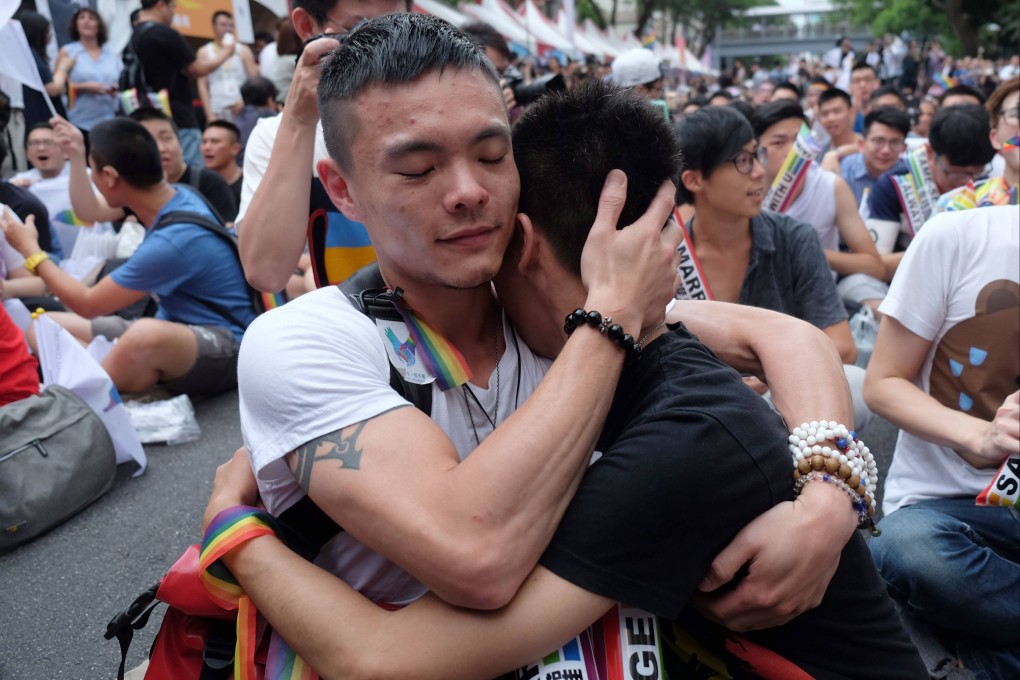Then & Now | When same-sex relationships were not recognised and interracial ones were frowned upon, the euphemisms for such couples ran from civilised to contemptuous
- Earlier generations did not have neutral words for people in same-sex and interracial relationships, using instead terms ranging from civilised to contemptuous
- These days ‘partner’ is widely used and terms such as ‘his husband’ or ‘her wife’ are in common usage in enlightened places. Not among some in Hong Kong, alas

How were long-term relationships that fell outside society’s generally accepted parameters once labelled, both by the wider world, and those who wished to recognise two people’s validity as a couple?
Earlier generations lacked the neutral vocabulary – such as “partner” – that today’s world possesses to help explain and quantify love and commitment of a different kind. These definitional challenges particularly affected interracial relationships not formalised by marriage, and further complicated by socio-economic disparities, personal shame and public disapproval. These thorny issues – hard enough to negotiate in the heterosexual world – were further complicated when same-sex relationships, at least officially, didn’t even exist.
Various euphemisms – from civilised to contemptuous – filled the gap; junior, submissive or dependent roles were often implied, even where such dynamics were absent in the relationship. Thus, a long-term, fundamentally equal partner from a different racial background became a “driver”, “factotum”, “gardener” or “Man Friday”; in other instances, live-in “godsons” or “honorary nephews” hinted at the real domestic situation.
All these labels demeaned and diminished these relationships, serial dishonesty inevitably damaging everyone concerned. Examples are legion; the significantly younger Chinese partner of one prominent, much-loved member of a long-established local Portuguese family was habitually referred to as the man’s “ward” – this was about as close as the world around them came to positive recognition of decades of mutual devotion.
In the early days of the Aids epidemic in the 1980s, “long-time companion” began to appear in obituaries in various places, including Hong Kong. This term suggested that the person so named was not “just a friend”, and often marked the furthest extent of public acknowledgement that the deceased partner’s family would allow. Without formalised domestic rights, the survivor could be – and often was – brutally cast aside, like so much embarrassing rubbish, and with as little consideration.
These days, marriage equality in more civilised parts of the world has led to widespread deployment of formerly heterosexual gender pronouns, to occasional confusion among the newly initiated. Thus, “her wife” and “his husband” serve to clarify that a legally defined, same-sex relationship exists.
